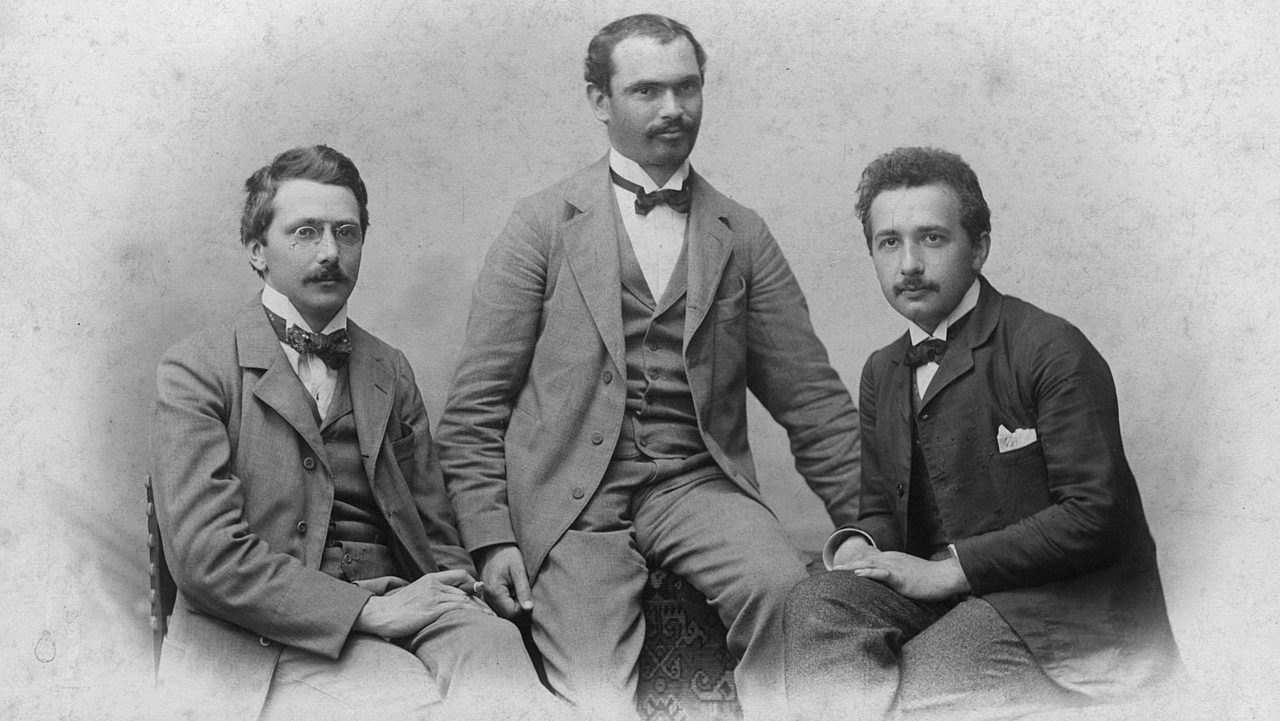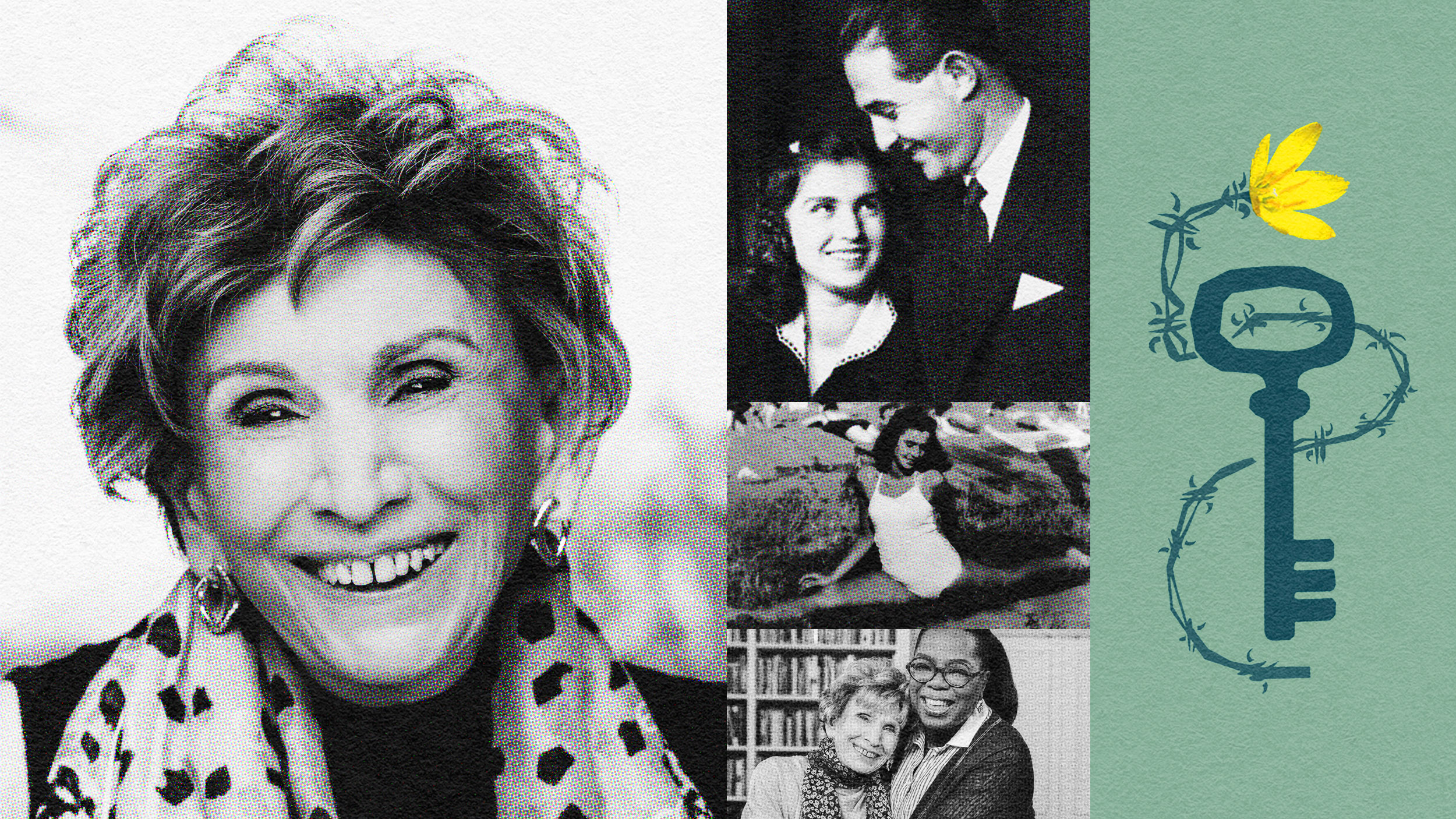Wendy Luhabe’s passion for mentoring other women is derived from the example set from her mother, who raised her during apartheid in South Africa.
Wendy Luhabe: One of the things that my mother did which was – that made a huge impact in my life was that she divorced my father at a time when women didn’t do that. This was in the early sixties. She walked away from a marriage because she just felt that she did not want to continue to be in a marriage. And I’m not aware of women during that period that had the courage to do that. So I really admired the courage that she had to walk away from a marriage and to go and start a completely new life with children as a single mother.
And what that experience taught me was the value of taking a stand in life for what you’re prepared to put up with and what you’re not prepared to put up with, and to grow up as a young girl. Because when she left her marriage I was not even ten yet but I remember very distinctly how that happened and I observed her build her life from scratch and observed her over a period of 30 years use her life to achieve some of the dreams that she had for her own life that she hadn’t been able to achieve within a marriage.
So, for me, not only was she a role model, she was really an inspiration that taught me at a very early age that it’s possible to achieve what you set yourself out to achieve as a person, not just as a woman. To witness someone who had a professional career. My mother was a nursing sister but because she worked at a time when her profession was not valued. As a black woman she was paid very little. Her salary was literally a tenth of the salary that was paid nursing sisters who were white in South Africa.
But to see what she was able to achieve with the little amount of money that she earned and how she valued education and made sure that, even as a single mother, we were able to have university education, you know. So it’s a whole collection of different – and really just growing up right in front of that and seeing that. I didn’t have an option with my own life. I had to make sure that I not only did something amazing with my own life, you know, that I seized the opportunities that she made possible for me to be able to access.
And I think that’s where my passion with mentorship actually came from, you know, to see what she was able to make possible for her own life and feeling a sense of responsibility to pay it forward. Not that, you know, she had an expectation for me to do that but I just felt a sense of responsibility that my generation of women had a responsibility to do that for others.
Directed / Produced by Jonathan Fowler and Elizabeth Rodd





